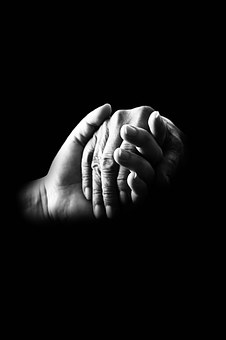Many senior citizens can age safely in their homes with little help. However, when there is a significant decline in mental and/or physical function causing interference in their quality of life, it’s time for you to step in. Most of the time your loved ones will not directly ask for help as they may deem it as an imposition.
Genuinely asking them if there is anything that you can do to help them can go a long way in ensuring that they are receiving the care that they deserve right at the comfort of their homes.

In the event your loved one declines help even when they really need it, it would be helpful to have compassionate communication where you take the time to truly understand why they are opposed to being helped and using that understanding to gently explain your point of view as you highlight the needs that will be met if they are receptive of the home care that’s being recommended.
Always meet people from where they are at and not where you wish they would be.
Here are some signs to help you determine if your senior loved one may need assistance at home:
- Common unexplained bruising– they could be as a result of a fall that they may or may not recall. If this happens, you may want to look into house proofing the house by for example by installing grab bars, ramps and even stair lifts.
- Confusion when attempting to perform regular tasks– This may include making a meal that they have made for years or locating something that is on the open that they have always located with ease like keys.
- Difficulty walking and a loss of balance– It becomes a real struggle with mobility around the house.
- Decline in hygiene, increase in body odor- This may happen because of limited mobility and infrastructure that’s not friendly. Standard bathtubs and showers may be a hindrance. These can however be replaced with walk-in bath tubs and/or showers specifically made for Seniors.
- Noticeable change in personality, mood or behavior– Mounting frustration as a result of not performing as optimal as your loved one was used to can mirror as these changes.
- The house becomes less kept than usual– This may be as a result of their incapability to no longer do this and it is not because they don’t want to but because they don’t have the energy to do it.
- Isolation from friends and family- Your loved one may begin to withdraw and prefer to keep to themselves even when they had previously enjoyed being in the company of friends and family.
- Loss of interest in previously enjoyed activities and/or hobbies– This may be as a result of forgetting how to do these activities or the amount of energy that needs to be expended while performing these activities.
Taking the burden of performing some of the home care activities from your loved one can make it more enjoyable for them to stay at home, decrease frustration and also ensure their safety and general well-being is being taken care of.
One Person caring about another represents life’s GREATEST value– Jim Rohn
